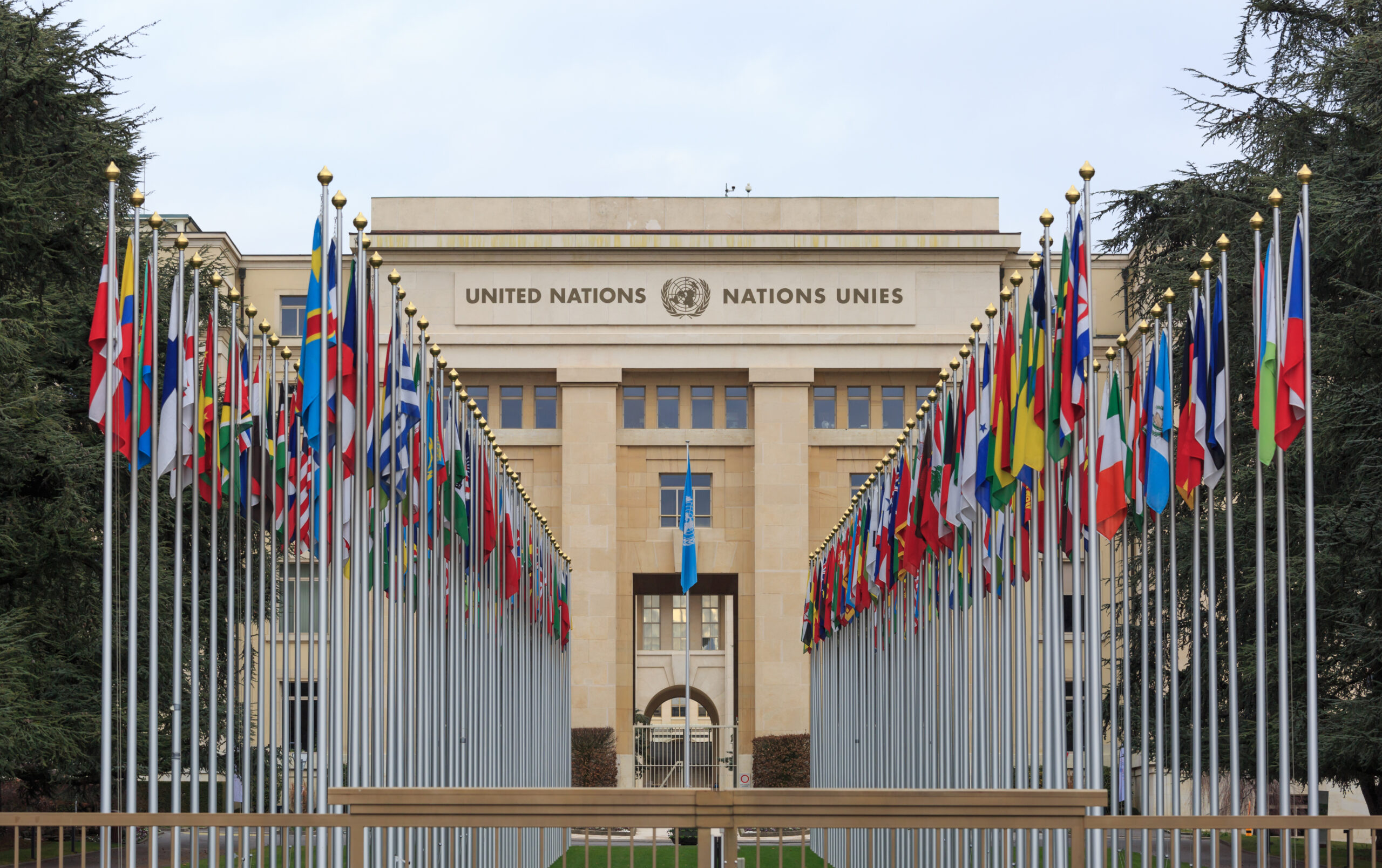European Commission Planning GIPO, a Global Participatory Internet Policy Database
The European Commission announced plans yesterday with several other nations and NGOs to launch a platform called the Global Internet Policy Observatory (GIPO), development of which is likely to start in 2014, for increasing participation and engagement around Internet policy debates and decision making. This initiative is encouraging “participation of all stakeholders across the world,” and intends to supplement existing fora, providing additional information and expertise.
GIPO plans to follow developments in policy, regulations, and technology, by:
-
“automatically monitor[ing] Internet-related policy developments at the global level, making full use of ‘big data’ technologies
-
identify[ing] links between different fora and discussions, with the objective to overcome ‘policy silos’
-
help[ing] contextualise information, for example by collecting existing academic information on a specific topic, highlighting the historical and current position of the main actors on a particular issue, identifying the interests of different actors in various policy fields
-
identify[ing] policy trends, via quantitative and qualitative methods such as semantic and sentiment analysis
-
provid[ing] easy-to-use briefings and reports by incorporating modern visualisation techniques”
The EC announcement demonstrates a commitment to Internet freedom, citing a February speech from Neelie Kroes, the Vice-President of the European Commission responsible for the Digital Agenda, entitled “Stopping a Digital Cold War.” (The Obama Administration has similarly spoken out in support of Internet freedom, such as its statement during the controversial WCIT negotiations.) As DisCo has previously covered, the proposals being put forth at WCIT would have threatened the Internet’s disruptive potential, and we remain committed to fighting to keep the Internet open. In contrast with the closed WCIT talks, the Commission emphasizes the intent to involve all stakeholders in GIPO, including the developing world and “groups which may have so far been marginalised in Internet debates and decisions.”
The headline of the announcement refers to the current state of affairs as a “global Internet policy labyrinth,” a word which conjures a complicated and confusing maze. GIPO’s crowd-sourced knowledge base intends to provide some much-needed guidance for navigating Internet policy.








